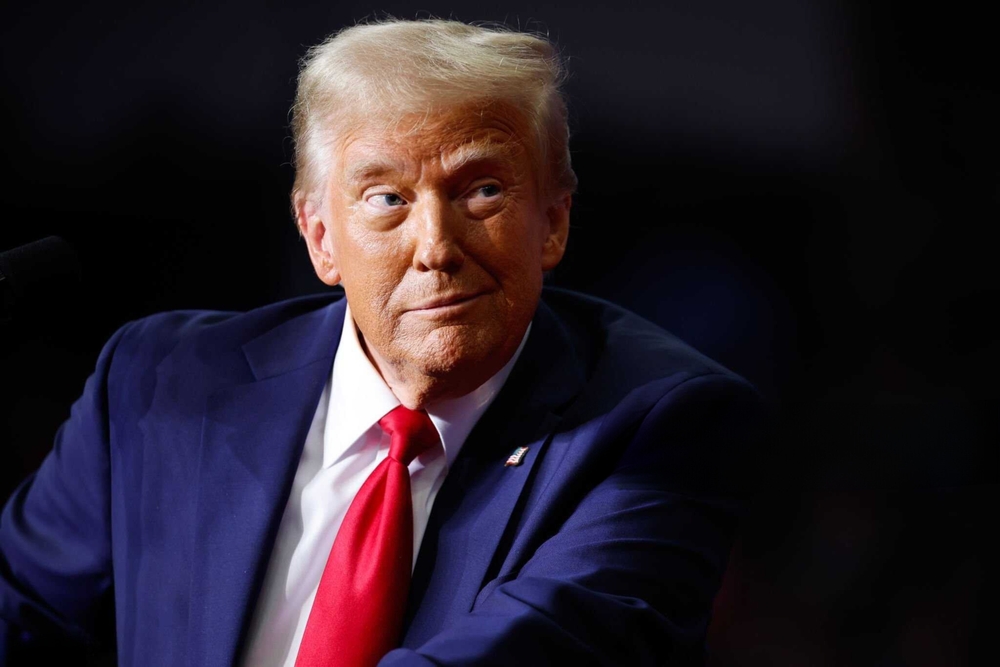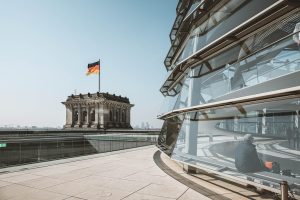Panama Withdraws from China’s Belt and Road Initiative After Trump’s Threats
Others are reading now
Panama’s President Jose Raul Mulino announced that the country will withdraw from China’s Belt and Road Initiative (BRI) following discussions with U.S. Secretary of State Marco Rubio.
Mulino’s Official Statement
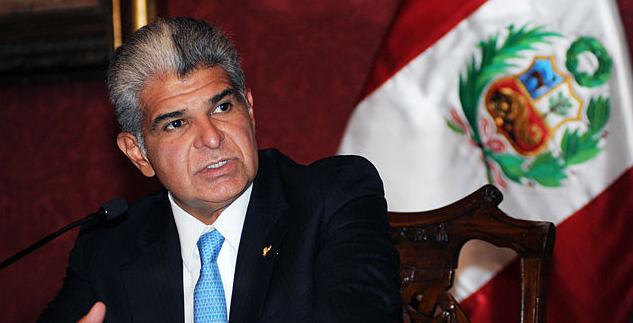
“I have made an important decision and I am informing you of it,” Mulino said. “My government will not renew the 2017 memorandum of understanding on the Belt and Road Initiative. That is true. We will study the possibility of ending the project early.”
U.S. Pressure on Panama
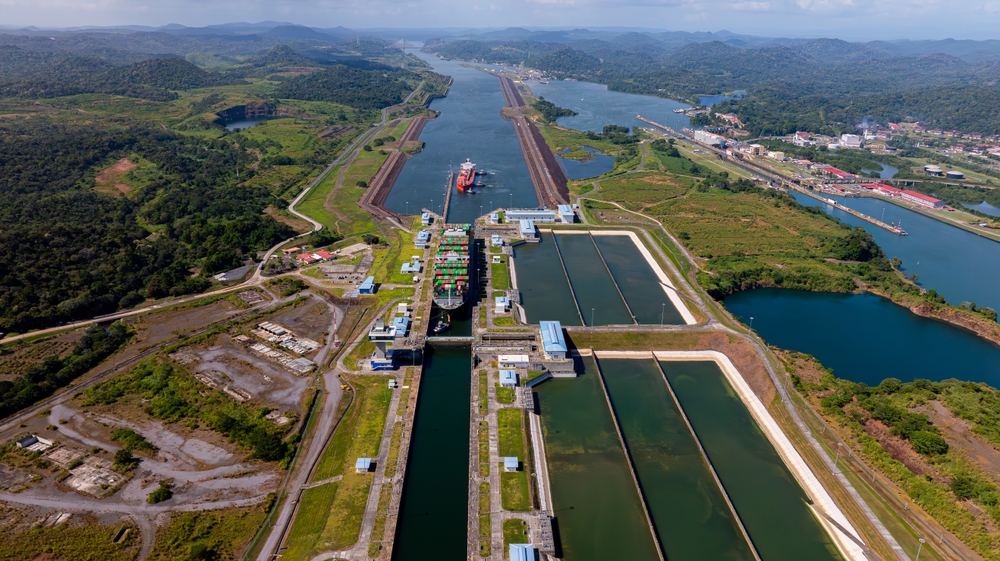
The U.S. has recently increased pressure on Panama due to China’s growing influence in the region, particularly concerning the strategic Panama Canal.
Trump’s Concerns Over the Panama Canal
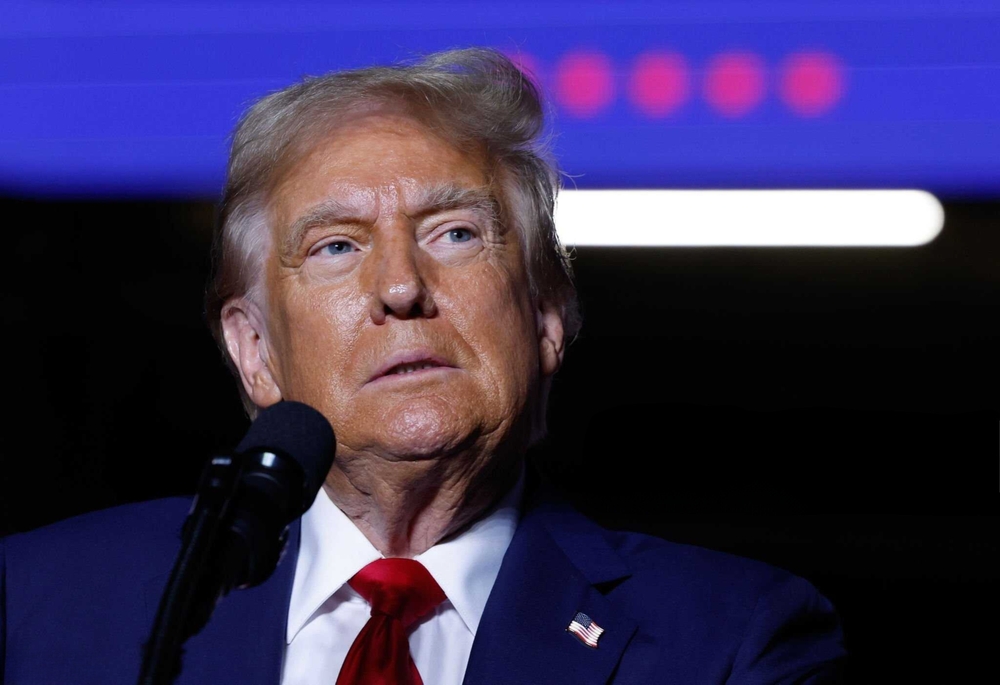
President Donald Trump has repeatedly warned that China’s involvement in the canal violates the 1999 treaty that transferred control from the U.S. to Panama.
Also read
Trump’s Stance on the Canal
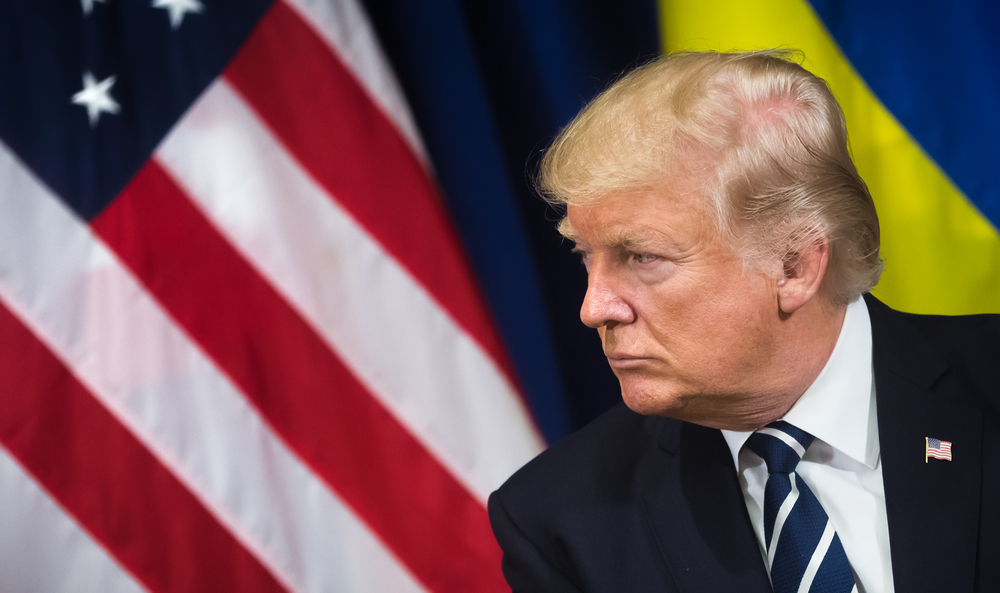
“We didn’t give it to China, we gave it to Panama, and now we’re going to take it back,” Trump declared during his 2025 inauguration speech.
U.S. Threats and Warnings
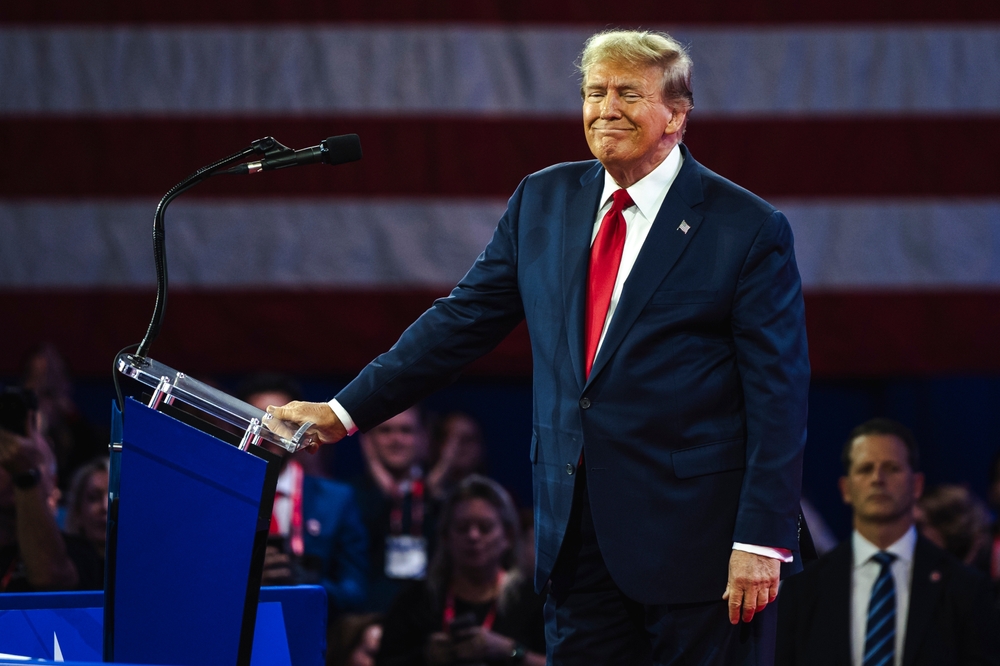
The U.S. State Department issued a statement warning that if Panama does not reduce China’s involvement, Washington would be forced to “protect its rights.”
No Direct Military Threats
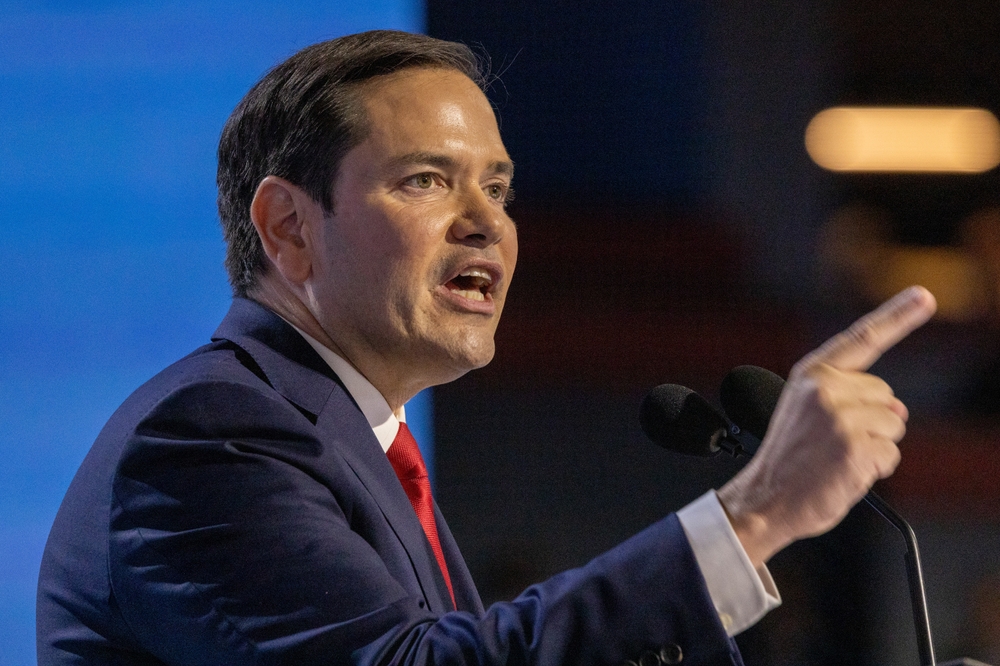
Mulino clarified that Rubio did not directly threaten military action or the reclaiming of the canal but emphasized that Trump views China’s presence as a treaty violation.
Hutchison Whampoa’s Role in the Canal
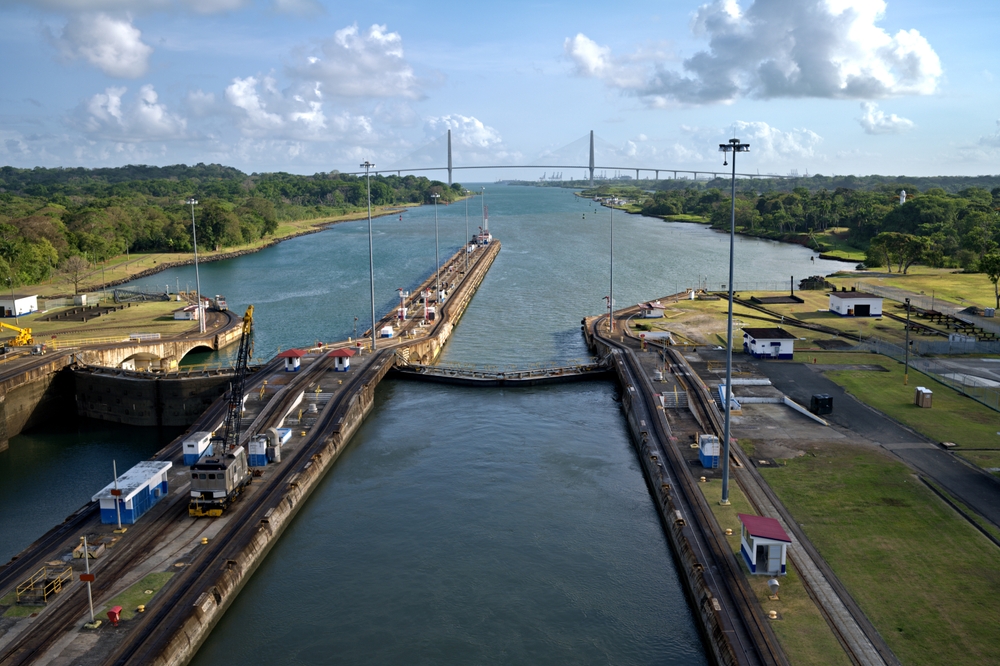
A major concern for the Trump administration is the Hong Kong-based company Hutchison Whampoa Ltd., which operates cargo terminals on both ends of the Panama Canal.
What is the Belt and Road Initiative?
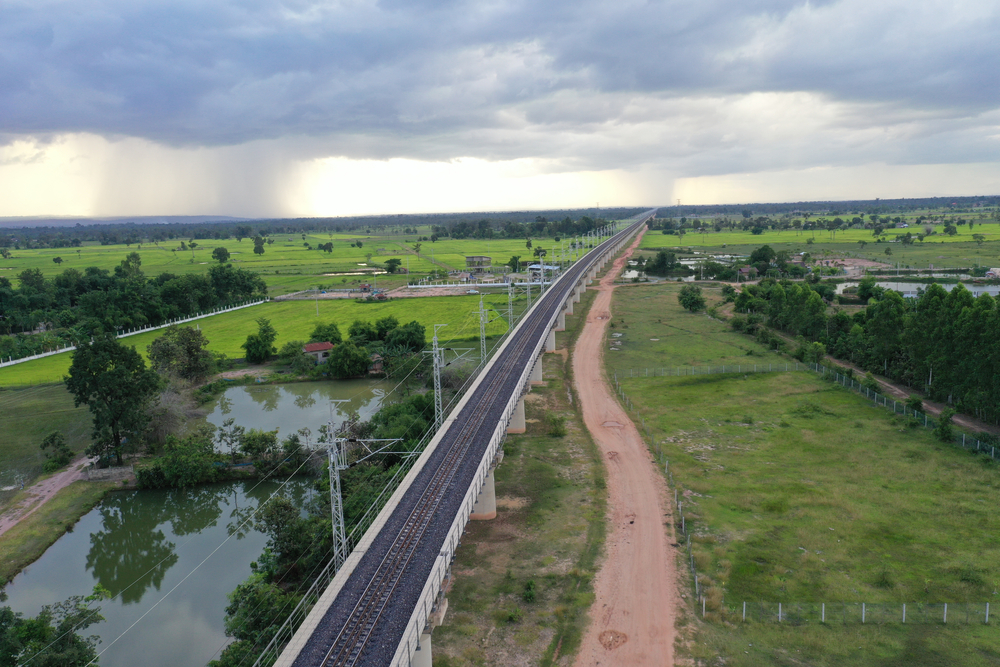
China’s BRI, launched in 2013 by President Xi Jinping, aims to expand global trade networks through infrastructure and logistics investments across 149 countries.
Panama’s Initial Participation in BRI
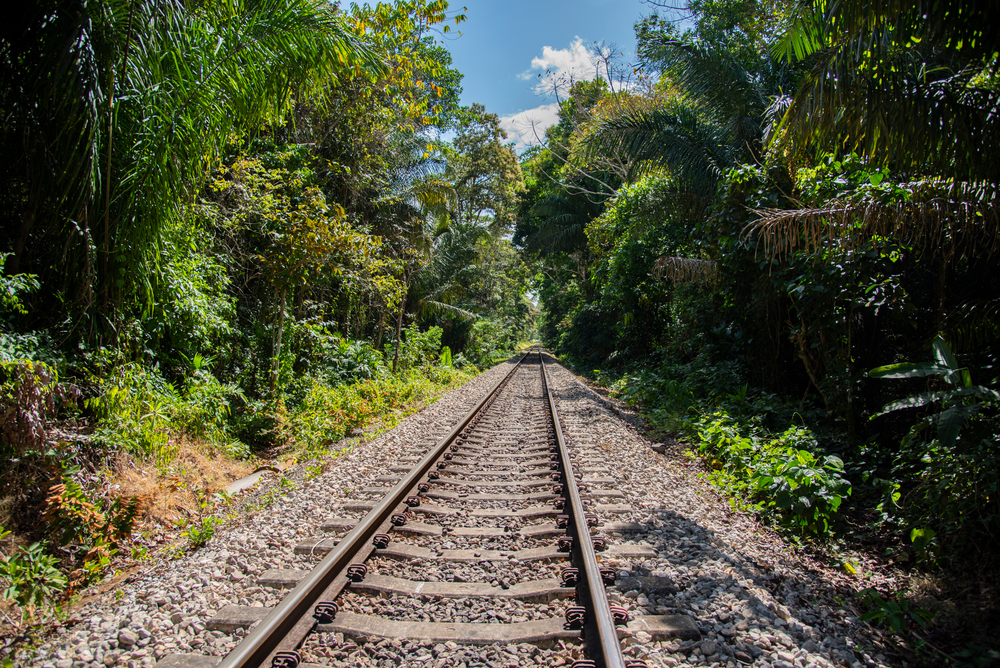
Panama joined the BRI in 2017, strengthening economic ties with Beijing, despite repeated warnings from Washington about China’s growing influence in the region.
U.S.-Panama Canal Relations
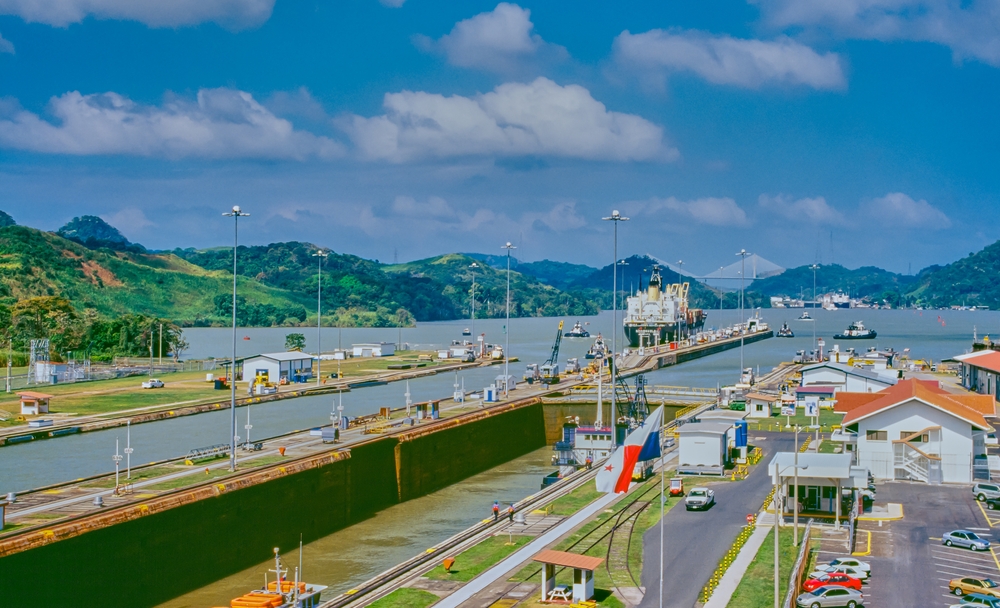
The U.S. backed Panama’s independence from Colombia in 1903 in exchange for control over the Panama Canal, initially intended to be a permanent arrangement.
The Transfer of the Panama Canal
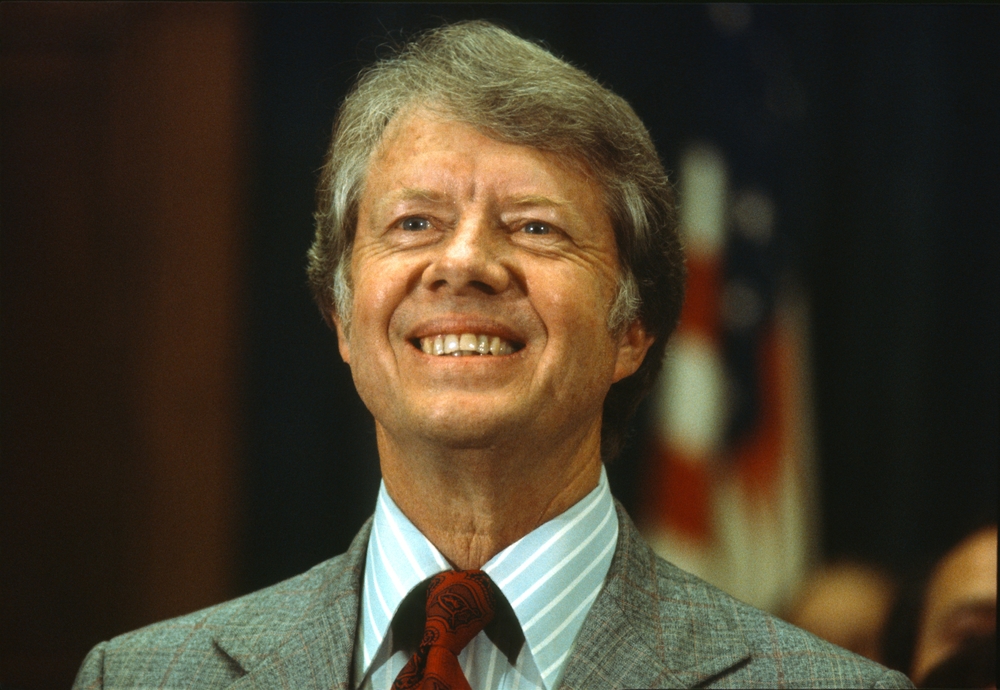
In 1977, President Jimmy Carter signed treaties transferring full control of the canal to Panama by 1999, while ensuring the U.S. retained transit rights for military vessels.
Future Uncertainty in Panama-U.S.-China Relations
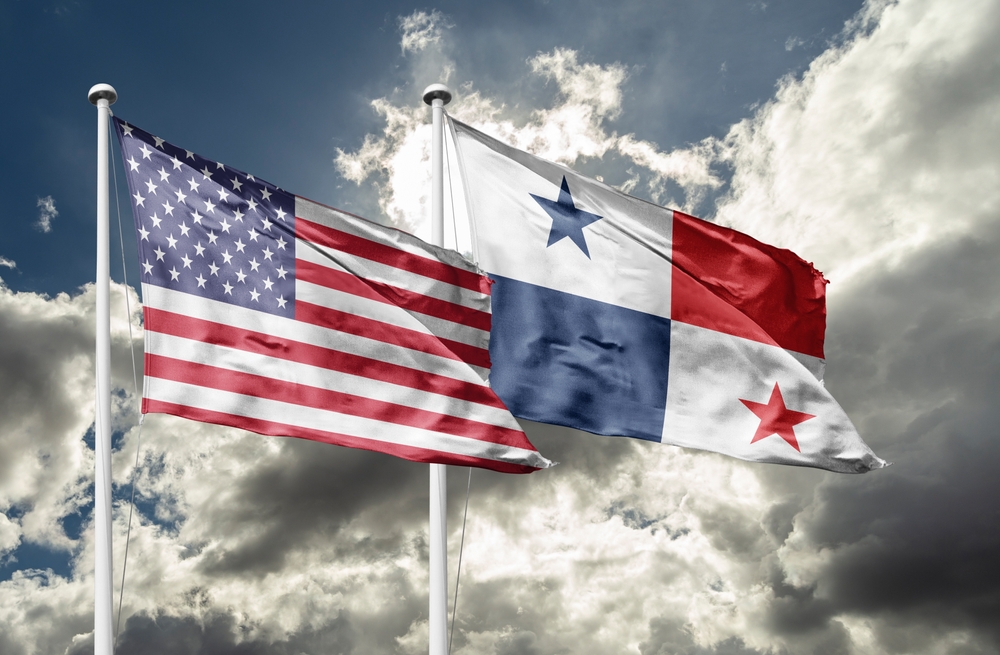
With Panama’s withdrawal from BRI and ongoing U.S. concerns, the future of its relations with both superpowers remains uncertain.

